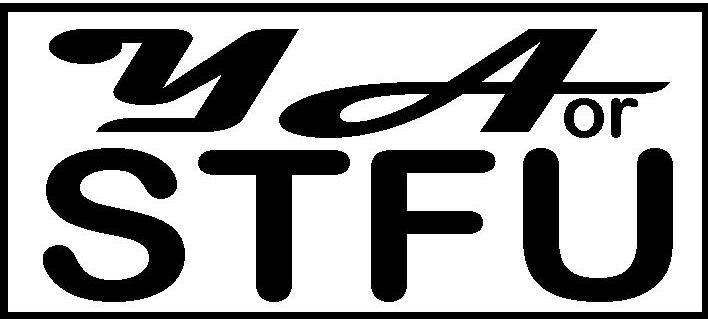Young Adult Literature without Apology
Amy's assessment of contemporary young adult literature, organized by author and title, censored by noone.
Realistic | Romance | Science Fiction | Historical Fiction | Fantasy | Horror | Mystery
Stahler, David Jr. (2006). Doppelganger. NY: EOS (HarperCollins). ISBN: 0060872322. 258 pages.
The doppelgangers are a rather secretive and somewhat parasitic race of humanoid creatures who, in order to survive, take the lives of humans--literally. A doppelganger is a shape-shifter and a thief: one must kill a human before assuming its form and, even then, may only retain that form for a short period of time. When the unnamed narrator of Stahler's novel is uncermoneously ousted from its mother's home (doppelgangers are not sentimental), he assumes the form of sixteen-year-old Chris and insinuates himself into Chris's life. It turns out, however, that Chris's family are monsters, themselves--of a sort. Barry, Chris's father, is an angry alcholic who beats up on Chris's younger sister, his mother, Sheila, provides a weak defensive line and Chris, himself, the doppelganger learns, is an asshole, too. Drawing from a slender vein of humanity that we discover runs through its veins, doppel-Chris works a kind of monsterous magic in the family's life before shedding Chris's skin in the inevitable move.
What could have been an intriguing and brutal novel was, in my opinion, softened considerably. Given its provenance and its nature--it is a monster, after all--I found it hard to believe the old doppelganger was a softie. While Stahler does an effective job of comparing the monstrous nature of the true beast to the, at times, beastly behavior of man, the violence of the argument was never realized. A sub-plot involving doppel-Chris's relationship with a teacher and his/its connection with Shakespeare's Macbeth was a bit too much.
I had some sort of stylistic concerns with the novel as well. Stahler tells us everything we need to know about doppelgangers and their outsider lives instead of slowly revealing their ways as a more natural part of the narrative. While, in order to understand the story's central conflict, some information about the species has to be "frontloaded," I felt like this could have been done more gradually than it was. Also, I had a hard time with the narrator's sudden ability to "fit in" the human world. The narrator tells us that he learned all about human life from watching TV, a source I'm not sure provides an effective tutorial for another species.
